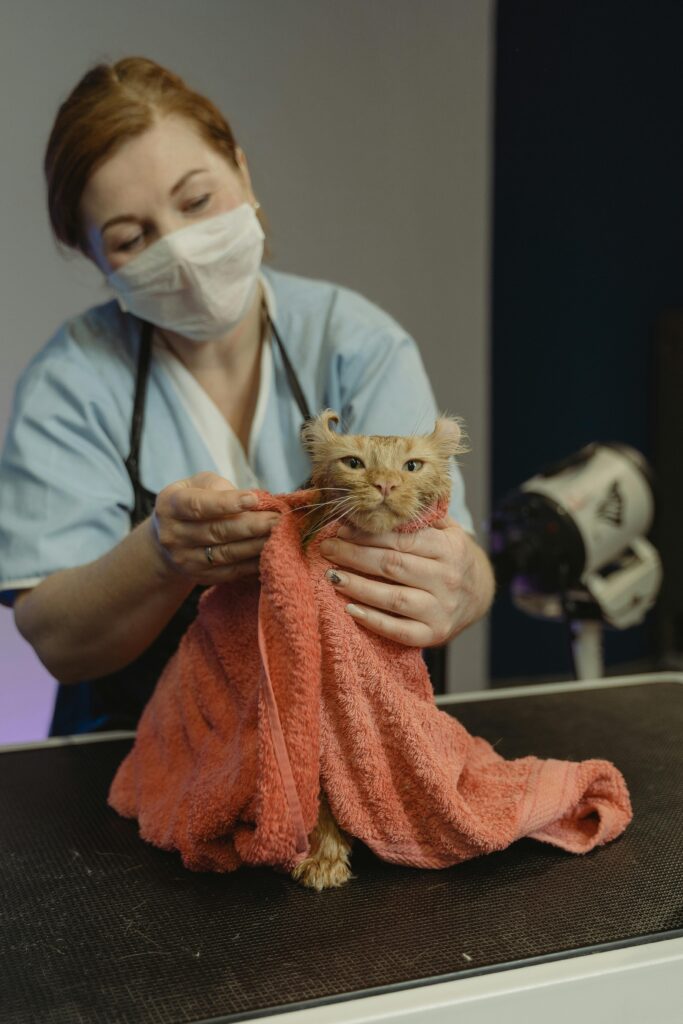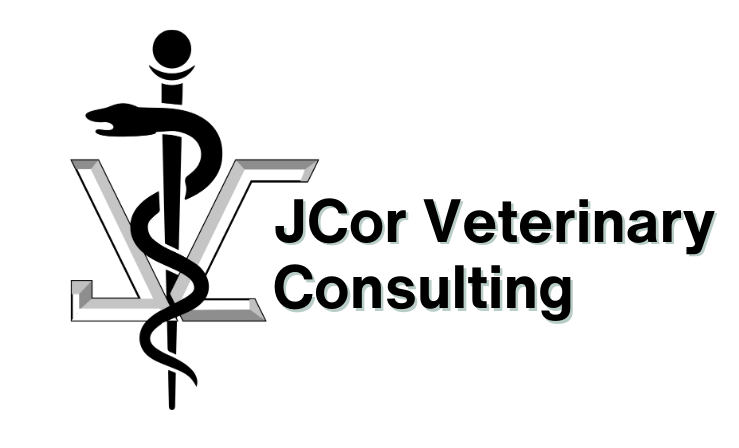When considering purchasing a veterinary practice, it’s crucial to approach the decision with careful evaluation and a strategic mindset. By understanding the key considerations and potential challenges, you can make informed decisions that will set your practice up for long-term success, and actually enjoy the leadership, financial and operational challenges that come with owning your very own veterinary practice.
The Financial Cornerstone of Purchasing a Veterinary Practice

Before purchasing a veterinary practice, it’s crucial to assess its financial health. This involves a meticulous review of key financial metrics and documentation. Here are some essential factors to consider:
- Revenue and Expense Analysis: Scrutinize the practice’s income statement to understand its revenue streams, cost structure, and profitability. Analyze trends over time to identify any significant fluctuations or areas for improvement.
- Cash Flow: Evaluate the practice’s cash flow to assess its ability to meet its financial obligations. THIS IS CRUCIAL- most small businesses fail due to lack of cash flow and working capital! Consider factors like seasonal variations in revenue and expenses.
- Debt and Liabilities: Review the practice’s balance sheet to understand its debt levels and other liabilities. Assess the impact of these obligations on future cash flow and profitability.
- Accounts Receivable: Analyze the practice’s accounts receivable aging report to identify potential collection issues and estimate the time it takes to collect payments from clients.
- Inventory Management: Evaluate the efficiency of inventory management practices, including stock levels, turnover rates, and potential write-offs.
Understanding Practice Culture and Client Relationships: Assessing Fit Before You Buy
Beyond financial considerations, it’s EVEN MORE important to evaluate the practice’s culture and client relationships. A harmonious fit between the practice’s values, team dynamics, and your own vision is crucial for long-term success.
- Client Base: Assess the demographics and loyalty of the practice’s client base. Consider factors like average client age, pet ownership trends, and the potential for growth.
- Team Dynamics and Morale: Evaluate the qualifications, experience, and compatibility of the practice’s staff. A strong and cohesive team can significantly impact the practice’s overall performance.
- Practice Culture: Understand the practice’s values, mission, and vision. Ensure they align with your own professional goals and ethical standards.
- Client Relationships: Assess the quality of the practice’s client relationships. Strong relationships built on trust and communication are essential for long-term success.
Purchasing a veterinary practice is a significant investment that requires careful planning and due diligence. By considering the financial health and cultural fit of a practice, you can make an informed decision that sets you up for success.
Contact JCor Veterinary Consulting today to learn more about our comprehensive services for veterinary practice buyers. Our experienced team can guide you through the entire acquisition process, from initial valuation to seamless transition.






